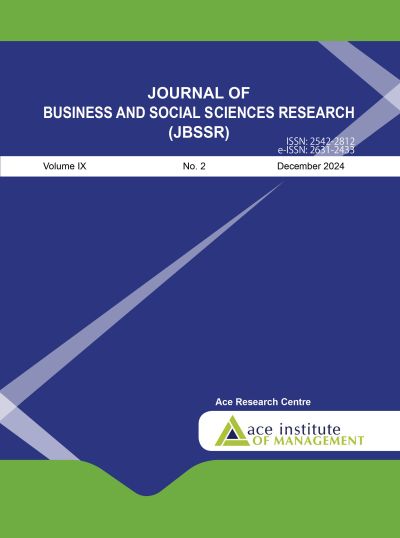Evaluating E-Learning Acceptance in Nepal: A Case Study of a Tribhuvan University Affiliated College
DOI:
https://doi.org/10.3126/jbssr.v9i2.72422Keywords:
blended learning, developing country, e-learning, Moodle, user acceptance, UTAUTAbstract
In Nepal, Tribhuvan University (TU) introduced a blended e-learning approach by implementing MOODLE, a learning management system. There is a concern of acceptance of e-learning among the students as well as among teachers due to barriers on technological up-to-date, scarcity of resource and technology know-how. The study analysed the perceptions of teachers and students on this change using qualitative methodology, especially empirical phenomenology. The results showed that both teachers and students at sampled one of the TU affiliated colleges, are positive about the e-learning system, but students are more likely to accept it than teachers. Senior teachers from non-ICT backgrounds and part-time teachers were less supportive. The e-learning system was recognised for its benefits, including providing extended learning opportunities, reducing additional burdens, facilitating effective sharing of ideas and knowledge, and enabling new forms of interaction. However, challenges in Nepal, such as inconsistent electricity supply, limited user resources, slow internet connectivity, and insufficient technical support, may hinder its acceptance. Addressing these challenges is crucial for the successful implementation of e-learning in Nepal.
Downloads
Downloads
Published
How to Cite
Issue
Section
License
© JBSSR/AIM
Authors are required to transfer their Copyright to the Journal of Business and Social Sciences Research.




